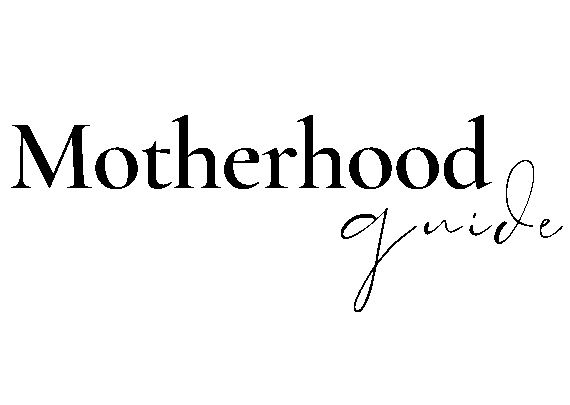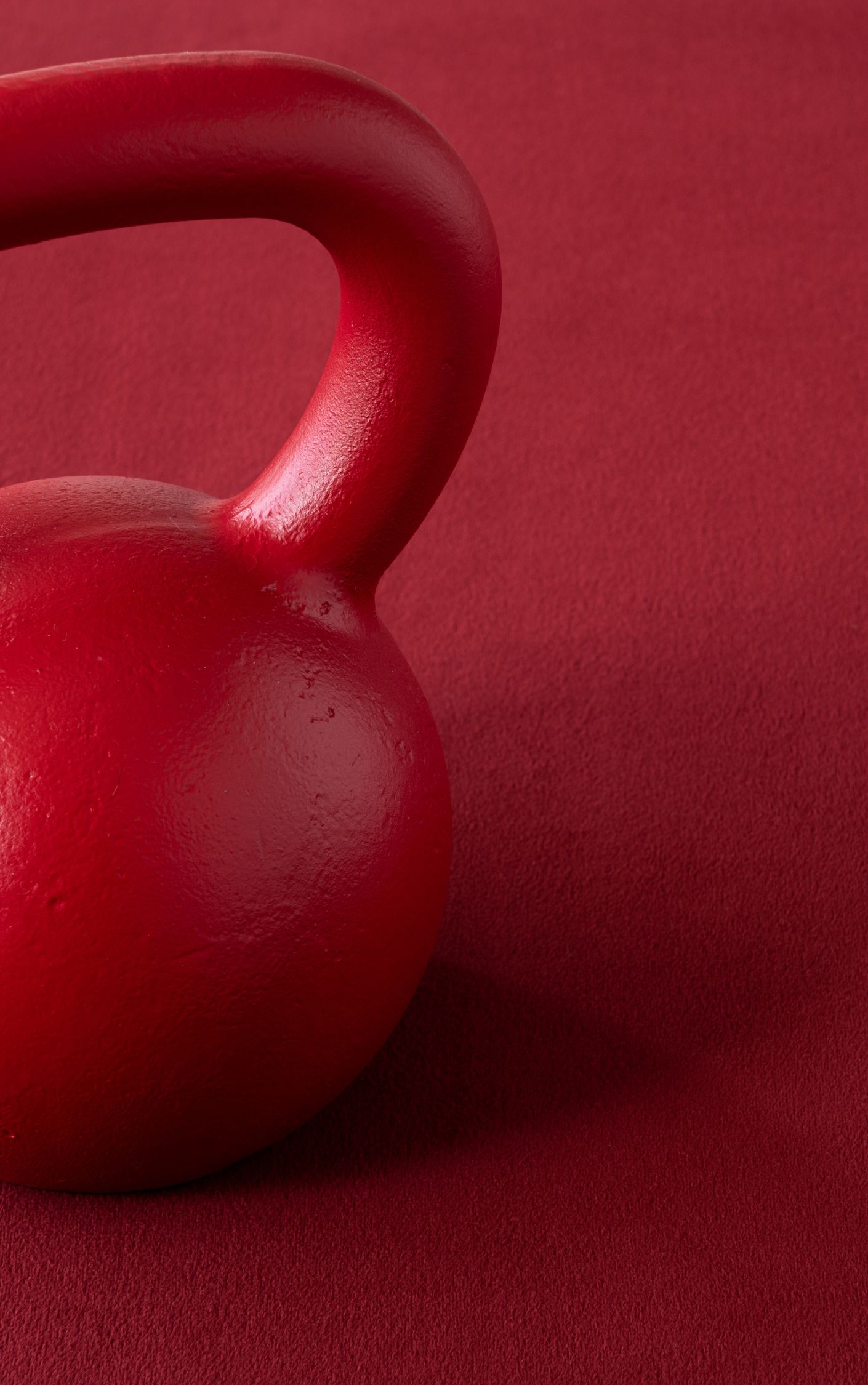Alcohol and Teenagers: Should I Allow My Teen to Drink?

Simply banning alcohol is not a solution. So, what should we do?
Revise Your Own Drinking Habits Before Educating Your Teen
As a mom I should say no, but they’ll try it sooner or later. My daughter first got back home drunk at 15, and I first got drunk at 16. Forbidding is not solving. So what should we do?
Before lecturing them about alcohol, revise your relationship with it: think about how often, how much, and why do you drink. Do you drink when you’re sad? Do you drink to get tipsy? Do you drink alone? Do you drive after having a drink? Understanding your own drinking habits can provide insight into the example you’re setting for your teenager.
Introduce Safe Drinking Habits to Your Teen
Now, answering the main question, it’s fair to admit that alcohol is a cause for many problems at all ages, and nobody is safe from it. However, I choose to believe that we should start introducing our teens to alcohol after they turn 15. We should supervise them, and they should have no more than one drink a week. Instead of demonising it, I would suggest teaching teens (and yourself) about safe drinking and advising them:
- Don’t allow others top up your drink; avoid shots;
- Drink water and have some food;
- And let them know they are not in trouble if they need help;
- Equip your teenager with the knowledge and tools they need to make informed decisions about alcohol, rather than simply trying to control their behavior.
- Encourage them to make their own decisions and make them responsible and accountable for it.
The Critical Risks of Alcohol Consumption for Teens Under 16
My theory is based on many studies that say that the negative impacts of teens trying alcohol are way bigger under the age of 15-16 years. Since their brains are still growing and developing, and permanent damage from alcohol at this time can lead to serious memory problems, learning difficulties, and risky behavior.
The brain undergoes significant growth and development during adolescence, particularly the frontal lobe, which is responsible for executive functions such as decision-making, impulse control, and reasoning. Alcohol can disrupt the normal development of these brain areas, leading to long-term cognitive and behavioral issues. This disruption is more common in younger teens whose brains are still in the early stages of development.
Researches show that people who begin drinking before the age of 15 are more likely to struggle with alcohol dependence compared to those who start drinking at a later age. Early exposure can lead to altered brain development and a higher propensity for addictive behaviors.
In younger teens, alcohol can result in difficulties with learning and memory retention that can affect academic performance and overall cognitive development.
Still not sure how to deal with your child’s teenaging and all what comes with it? Get more information on coaching topics for moms HERE











